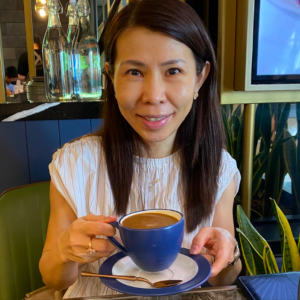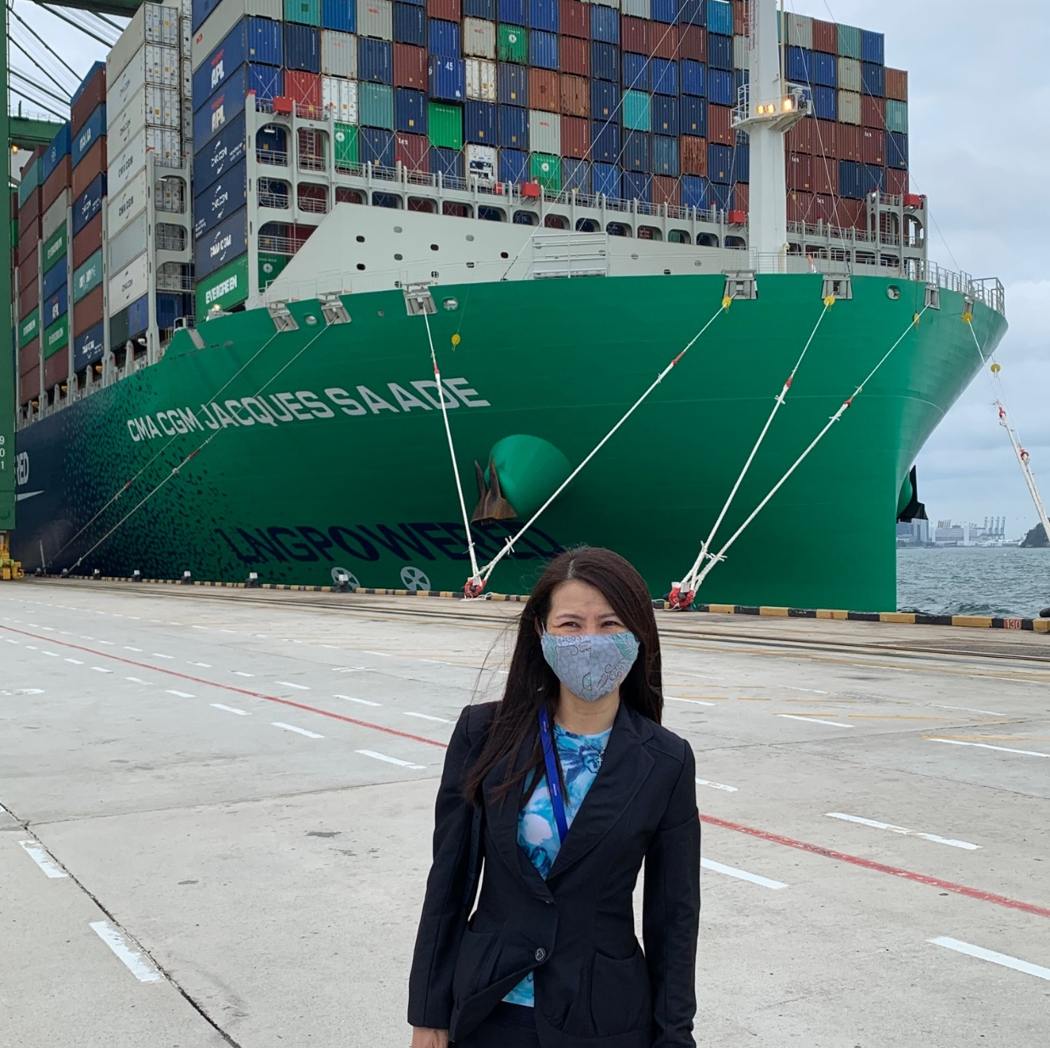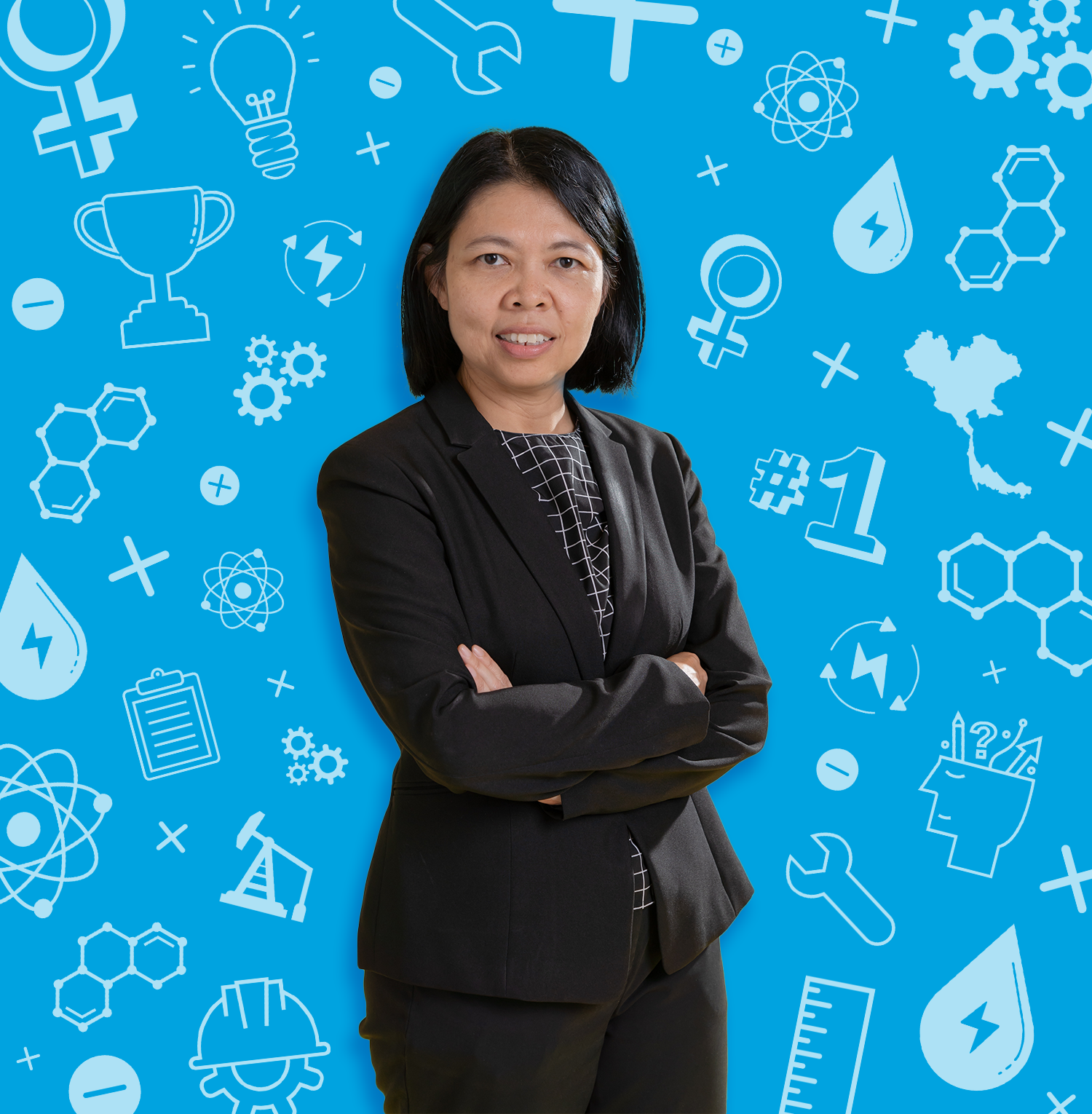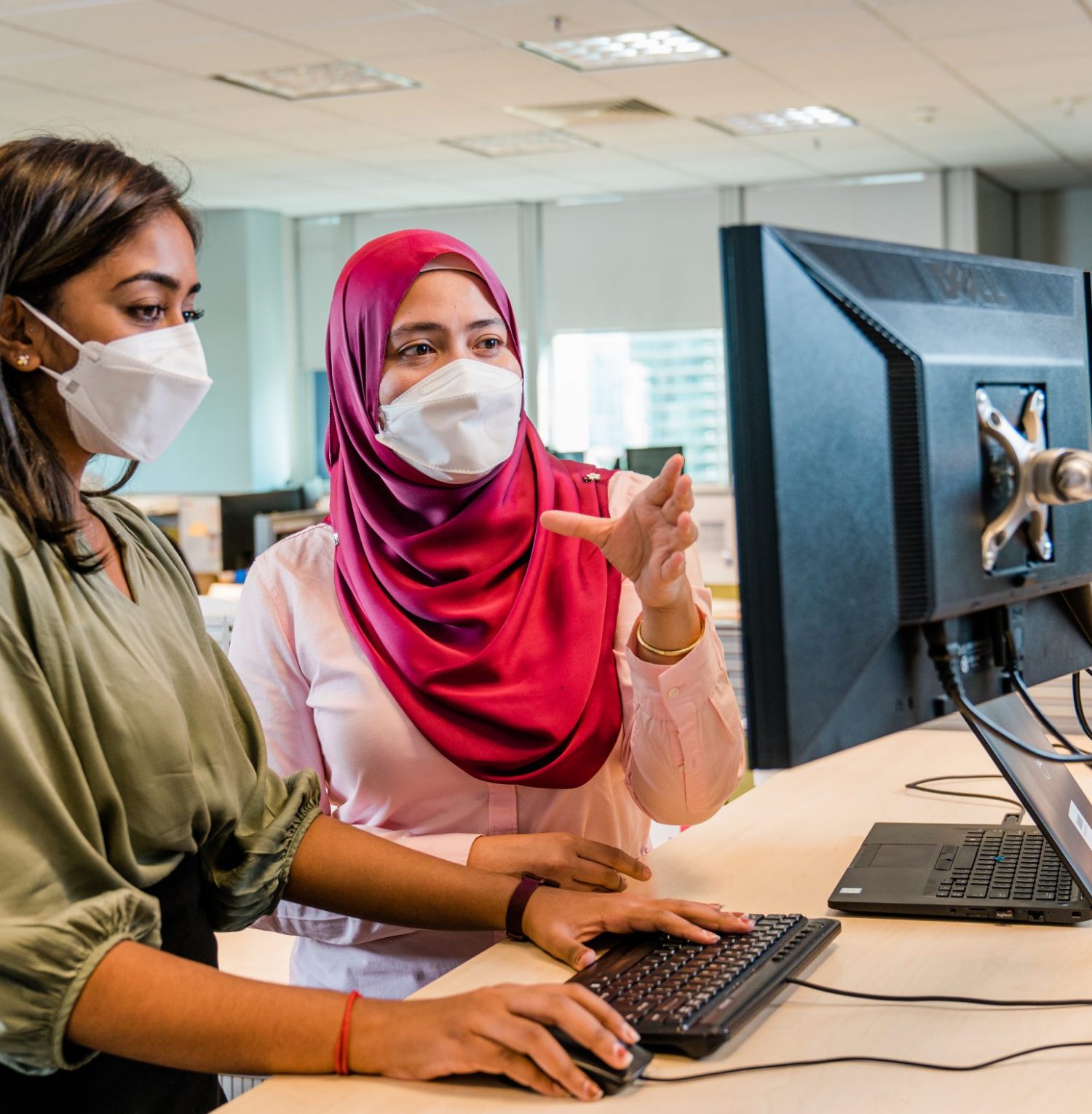Why did you decide to pursue a career in this industry?
Jade Ng: Motherhood prompted me to reassess the priorities in my life – between juggling the needs of a newborn and a demanding career. I made a conscious decision to reset my goals and priorities.
Since joining ExxonMobil, what has resonated with me is the company’s philosophy and fundamentals that offer employees the potential to pursue long-term careers and opportunities for professional growth.
Tell us more about your earliest roles at ExxonMobil. Did you ever face challenges as a woman on the job, and if so, how did you deal with them?
JN: I joined ExxonMobil in 1999 as a Business Process Reengineering Analyst. Most of my supervisors and managers were male so this was something I had to adjust to in my initial years with the company. There were times when I was the only Asian female in a regional or global meeting. This was a complete contrast to my previous work environment, where most of my colleagues were female. Although they did not request it, I felt that I had to work harder to gain credibility and earn their trust by substantiating my case for action with extensive data and insights.

ExxonMobil’s Jade Ng.
Over time, I adapted and grew to appreciate the culture of the organisation. It is a place where people are willing to help one another, share their knowledge and insights, and be a sounding board for others and brainstorm ideas, regardless of one’s gender.
You have had overseas assignments and postings in Houston, Texas and Shanghai. What was this experience like? What are some differences between living in Asia and the US?
JN: One of the noticeable differences is the attitude towards learning. In the US, you could sense that people were more generous with their compliments and sharing words of encouragement. In Singapore and Shanghai, however, I found that the feedback tended to be more constructive (e.g., “Let’s do even better next time”).
You recently moved to a new role of Supply Chain Manager in China, how was the transition?
JN: Like many who took on new jobs or positions during the pandemic, the transition has been challenging. On a personal front, differentiating time for work and family became difficult. There were times when I was invited to attend more than 10 back-to-back Zoom calls in a day!
The pandemic has brought about upheavals and uncertainties around the world. How did you cultivate resilience personally and within your team?
JN: Staying connected with team members and having transparent, open dialogue are important. Sometimes, it can be better to over-communicate!
I remind my team to be open and that asking for help is not a sign of failure. Working as a united team will only make us stronger and more resilient.
What are some practical tips for being a resilient leader?

Jade says that in the current era it’s important to remain connected with teams and consistently communicate.
JN: Being a leader in such perplexing times has been one of the most challenging moments in my leadership journey to date.
One tip that has worked for me is to be transparent and vulnerable with my team. Tell them that you may not have all the answers, share how you personally feel, and be accountable for difficult business and/or personnel decisions that you have made. I recall doing so during the pandemic and after my sharing, some colleagues came up to me privately and thanked me for being open with them.
A leader’s journey need not be a lonely one. At ExxonMobil, there are open discussions and clear plans to groom and develop the next generation of leaders. One way is to lean on other leaders. Drop them a text message or ask for a quick call. They can be a useful and safe sounding board.
While it is important to build resilience, one also needs to be mindful of their mental well-being. How do you keep yourself from getting burnt out?
JN: One of my personal philosophies is that I want to come to work with a smile. If something prevents me from doing so, I need to make time to release that stress. I would either take time off or go somewhere to pen down my thoughts and write about the issues or frustrations that I am facing. That usually helps me feel better.
What do you think are the greatest challenges for young working women today, and how has that changed since you were working and raising your child?
Society today is moving at a much faster pace, where people expect to see results a lot more quickly. Therefore, having the ability to change and adapt is an increasingly important survival skill for any working professional.
Lastly, in one sentence, what does ‘Leading, Her Way’ mean to you?
Being genuine and staying true to your core values and moral compass.
As I learn from inspirational leaders and role models, I tell myself not to lose my identity, especially when I am under pressure and tempted to meet and exceed the expectations of others. I would like to leave this message with you for those tough times: Remember what has made you strong and keep going back to your core values.
This feature was first published in full by the Young Women’s Leadership Connection (YWLC), as part of their ‘Leading, Her Way’ interview series. YWLC is a platform for young women leaders aged 21 to 35 in Singapore. Focusing on four main pillars – mentorship, leadership, community engagement and networking – YWLC hopes to nurture and support young women leaders’ personal and career aspirations.




